Writing: Non-Fiction
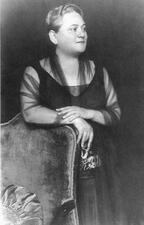
Eugenie Schwarzwald
Miriam Finn Scott
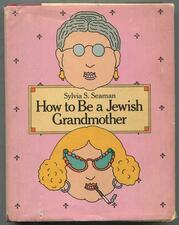
Sylvia Bernstein Seaman
“I’m still capable of marching. I marched sixty years ago. I just hope my granddaughter doesn’t have to march into the next century.” Sylvia Bernstein Seaman was a pioneering feminist of the twentieth century who broke the silence around breast cancer through her frank writing.
Seder Mitzvot Nashim
Seder Mitzvot Nashim refers to the genre of literature in Ashkenazic and Italian communities that explained the specifics of how women should observe the commandments that were particularly associated with them. This handbook was reprinted many times, most famously by Rabbi Benjamin Aron Slonik, whose 1585 version of Seder Mitzvot Nashim was a veritable best seller of the pre-modern age.
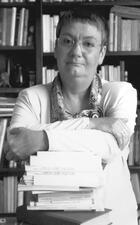
Clara Sereni
Clara Sereni was an Italian writer of Jewish descent. The rich legacy of her Jewish roots as well as her inherited passionate political commitment permeate all her narrative works. The act of writing offered Sereni an opportunity to articulate female subjectivity and language experimentation, providing a setting for exposing issues related to identity, politics of gender, disability, and ethnic diversity while building a new utopia.

Judith Sheindlin
For two and half decades, former New York family court Judge Judith Sheindlin has riveted daytime viewers, racked up awards, and sold thousands of books to people hungry for the tough love of a tough Jewish mother. Millions of viewers who watch Judge Judy every day are treated to many Yiddish words and wisdom the jurist uses on a parade of deserving participants who enter her TV studio courtroom.
Viola Brothers Shore
Viola Brothers Shore was an accomplished writer, poet, and screenwriter during the 1920s and 1930s. In addition to writing for numerous publications, she wrote silent movie titles and original stories for many films and won awards for her may mystery stories.
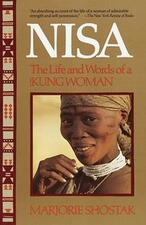
Marjorie Shostak
Elaine Showalter
Elaine Showalter is a pioneer of feminist criticism. She is best known for inventing the term “gynocriticism,” a new theoretical framework that argued that that women had been using the language of men for far too long and that they needed to develop a new critical approach to better understand the female subcultures that operate within male-dominated power structures.
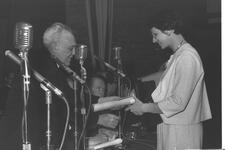
Judith Tannenbaum Shuval
Judith Shuval is one of the main scholars in the field of the sociology of health in Israel. Her research on migration and health, inequality in health, self-care in health, the doctor-patient relationship, and the processes of professional socialization has been based in concrete life in Israel and has broader implications for such topics cross-culturally.
Sylvia Sidney
Feisty and opinionated, Sylvia Sidney was quite the opposite of the waiflike victim of social oppression she played in Hollywood’s Depression Era films. While she disliked playing the victim, her vulnerability and working-class persona resonated with audiences. She earned an Oscar nomination for her performance in Summer Wishes, Winter Dreams, took on a comic role as the caseworker in Beetlejuice, and played a sympathetic grandmother in one of the first TV movies about AIDS, An Early Frost.
Helene Simon
Greatly influenced by the socialist ideology of the Fabian Society in London, Helene Simon was as a pioneer in the theory and practice of social policy and welfare in Germany. Simon was a major advocate for structural changes in Germany’s welfare system, especially for the benefit of women and children.
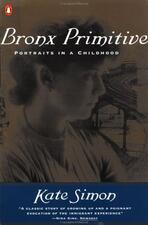
Kate Simon
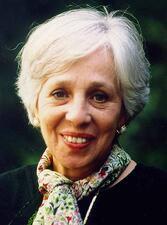
Maxine Singer
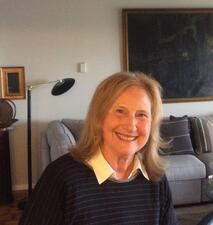
Sociology in the United States
Jews have made a disproportionate contribution to the field of sociology, despite discrimination and exclusion. Because sociologists are not identified by religion, it is difficult to know which American women sociologists are Jewish. Therefore, the first challenge in understanding the contribution and experience of American Jewish women sociologists is to identify them.
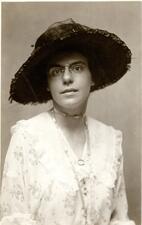
Emily Solis-Cohen
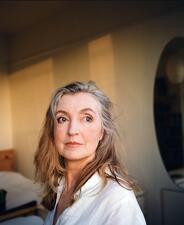
Rebecca Solnit
Barbara Miller Solomon
Barbara Miller Solomon was not only an educator but a pioneer in the field of women's history. Named the first female dean of Harvard College in 1970, she laid the groundwork for the formal establishment women’s studies there. Her scholarship on the history of immigration and women's history remains influential today.
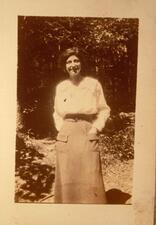
Maida Herman Solomon
Professor of social economy Maida Solomon was recognized as a pioneer in the field, contributing to the “invention” of the field of psychiatric social work and overseeing its definition, its development of standards, and its integration with the other institutions of modern American medicine and education—in short, its professionalism.
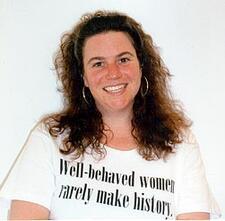
Rivka Solomon
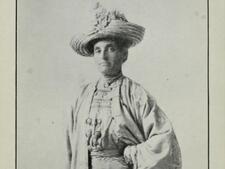
Selina Solomons
Selina Solomons was a turn-of-the-twentieth-century activist and writer, best known for her leadership role in the 1911 suffrage campaign that granted California women the right to vote. Solomons belonged to a prominent Jewish American family and spent her life in the San Francisco Bay Area. She employed multiple genres in advocacy of women’s rights, including speeches, poetry, drama, short fiction, and a manual-cum-suffrage history titled How We Won the Vote in California.

Susan Sontag
Susan Sontag was one of the most prominent American writers of the twentieth century. Her work across cultural criticism, fiction, drama, and film, as well as her public persona, made her an icon of the New York intelligentsia whose writing on photography, illness, and art continually inspire engagement and debate.
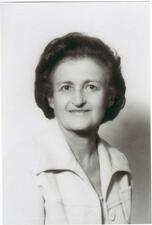
Johanna Spector
Johanna Spector was an influential ethnomusicologist whose writings, recordings, and film projects documented the music of little-studied Jewish communities from around the world. After surviving the Holocaust, Spector earned her doctorate, founded the ethnomusicology department at the Jewish Theological Seminary, established the Society for the Preservation of Samaritan Culture, and served as president of the Asian Music Society.

Susan Stamberg
Susan Stamberg, the first full-time woman anchor of a national nightly news broadcast, played an important role in making National Public Radio (NPR) a news organization that offered pioneering opportunities to women journalists. Her half-century career at NPR opened the way for other women by demonstrating competence, originality, and compassion in reporting and interviewing.
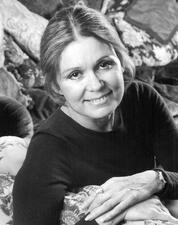
Gloria Steinem
Gloria Steinem was a leader of second-wave feminism and the co-founder of Ms. Magazine, the first feminist periodical with a national readership. As a journalist and spokesperson, she mobilized a generation of women to advance the cause of women’s liberation. Steinem has worked tirelessly all her life as an advocate for change.


